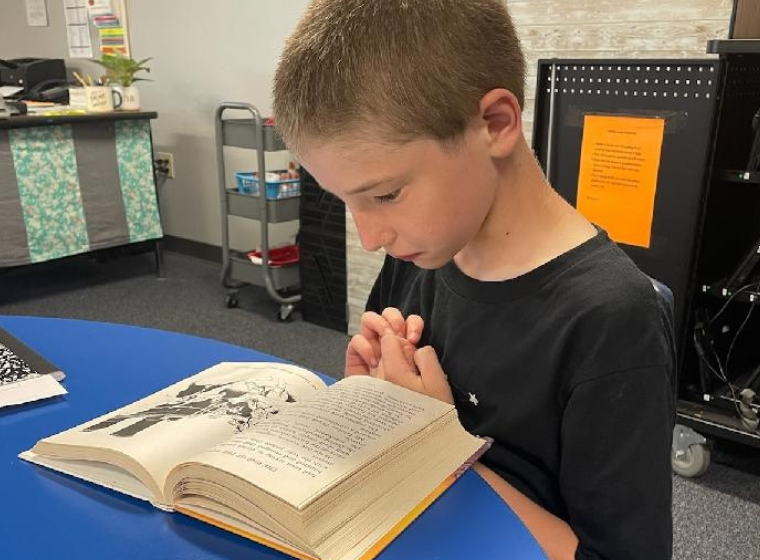When Jennifer and John Bonner received an autism diagnosis for their son John Michael in 2016, the family immediately enrolled in SARRC’s Free Family Orientation where they received critical information and support on how to best navigate this new journey.
After attending Family Orientation, the family learned about other options at SARRC and consequently went on to enroll in SARRC’s JumpStart and Parent Training programs. Through both short-term programs, they received parent education and one-on-one coaching, as well as real-life strategies to implement in the home, community and school.
“Within a few months of working with SARRC, we could see huge changes in our whole family,” says Jennifer. “We learned how to relate to our amazing little boy, how to play with him, communicate, and a chance to understand his strengths, and meet his needs without the constant struggle and frustration we had been experiencing [previously].”
Today, Jennifer shares John Michael is doing well socially, succeeding academically and has shown his creativity through a great sense of humor. But there are also new behaviors that have developed, which prompted the family to seek SARRC’s support through the Second Gear program.
“He’s now bigger, so when he becomes frustrated, there’s a much higher chance of him hurting himself or someone else,” says Jennifer. “We could see these frustrations compounding. It was breaking our hearts, and we didn’t want to lose the happy little boy who was able to embrace his differences.
Much like JumpStart and Parent Training, Second Gear provides information and coaching to parents of children with a diagnosis of autism. However, Second Gear is specifically designed for families to learn about and manage behaviors in the home. A SARRC clinician provides two educational sessions with just the parents and one coaching session with the child present each week to allow the family to apply the educational material learned in an active coaching session.
For the Bonner family, who lives in a rural area of northern Arizona, Second Gear’s virtual model allowed them to attend from home. They were provided individualized strategies that worked back when their journey first started, such as behavioral and motivating strategies to manage John Michael’s behavior.
“Second Gear may be most helpful for families looking for more overarching strategies and education that can be applied in different situations, per se,” says Brittani Harris, a SARRC clinical consultant. “The program is highly individualized meaning families are connected with one of our clinicians who provides education lessons and support using an all-encompassing or universal approach to managing different behaviors in the home.”
The impact Second Gear has had on the Bonner family was instantaneous as they were able to take John Michael to various museums this summer where he was able to ask questions and leave filled with curiosity about the world. And with school back in session, John Michael has been able to make a smooth transition back to 5th grade from summer break in his inclusive classroom without experiencing any behavioral incidents, which hasn’t happened before.
“We are working hard as a family to adjust how we present instructions and directions, employing those strategies that ultimately stopped the meltdowns, and I can honestly say we haven’t had an aggressive outburst for over two months,” says Jennifer. “The one-on-one support was priceless – we didn’t just learn things in theory, we were able to put them into practice immediately and understand the guidance from a clinician.”
Learn more about Second Gear and other short-term programs offered at SARRC here »

